PwC surveyed 4,410 CEOs in October and November of 2022. The global and regional figures in the report are weighted proportionally to country or regional nominal GDP to ensure that CEOs’ views are representative across all major regions. The industry and country-level figures are based on unweighted data from the full sample of 4,410 CEOs. There were 99 CEOs from Central and Eastern Europe included in the sub-sample. The full findings can be accessed on pwc.com.
Business Perspective in Ukraine: Interviews with CEOs of Leading Companies in Their Industries
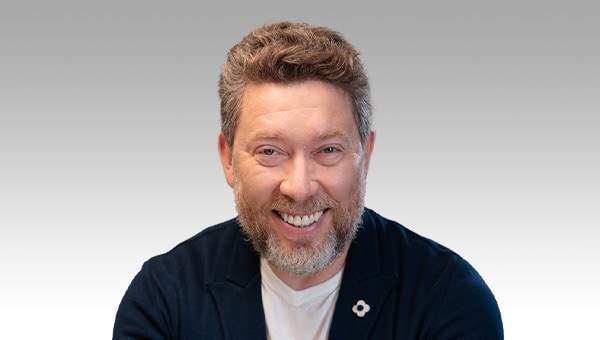
Biosphere at the Time of War
Andriy Zdesenko
Biosphere Corporation
Founder and CEO
read interview
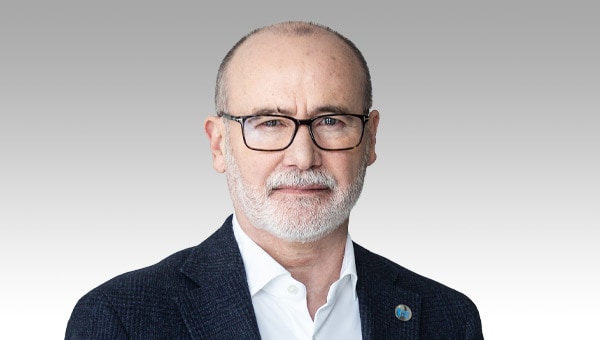
Astarta at a Time of War
Viktor Ivanchyk
Astarta Agro-Industrial Holding
Founder and СЕО
read interview
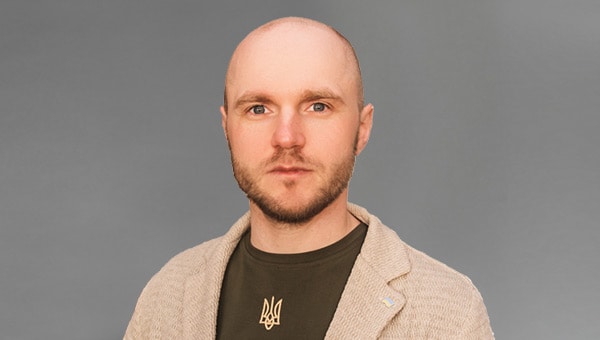
Aurora at a Time of War
Taras Panasenko
Aurora
СЕО
read interview
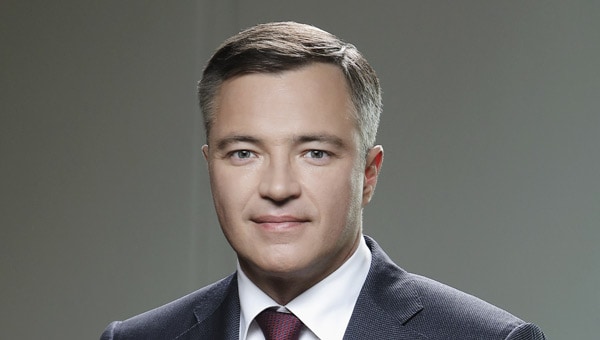
Metinvest at a Time of War
Yuriy Ryzhenkov
Metinvest Group
СЕО
read interview
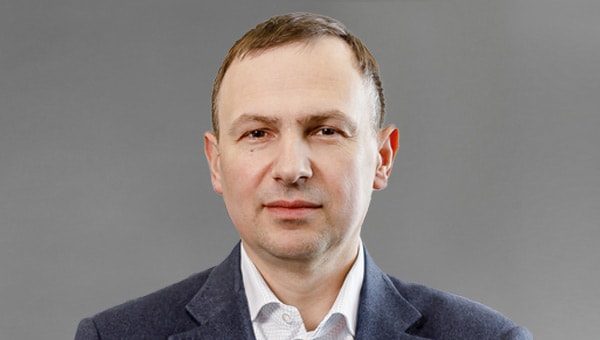
Nova Post at a Time of War
Volodymyr Popereshniuk
Nova Post Group
Co-Founder
read interview
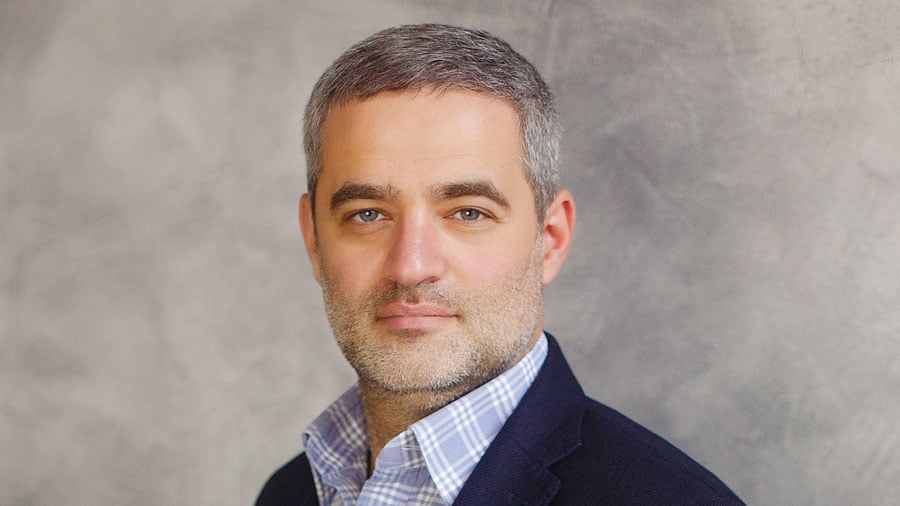
ATB at a Time of War
Borys Markov
ATB Corporation
Chairman of the Board and General Director
read interview
CEOs in CEE pessimistic about economic growth in the year ahead, more optimistic about their own companies while underlining urgent need to transform – PwC 26th Annual Global CEO Survey
- Inflation (cited by 55%), geopolitical conflict (43%) and macroeconomic volatility (37%) rank as the top threats among CEE CEOs, as cyber and health risks fall from a year ago
58% of CEOs in the region are rising prices and 51% are cutting costs, yet 67% do not plan to reduce headcount and 75% don’t plan to reduce compensation
Labour/skills shortages are seen as biggest challenges to long-term industry profitability for CEOs in CEE
46% of business leaders in CEE plan to invest in alternative energy sources in the next 12 months
As many as 45% of CEOs in CEE don’t think their companies will be economically viable a decade from now if they continue on their current path.
Nearly three quarters (74%) of CEOs in Central & Eastern European believe global economic growth will decline over the next 12 months. This is among the key findings of PwC’s 26th Annual Global CEO Survey, which polled 4,410 CEOs in 105 countries and territories in October and November 2022 and included a sub-sample of 99 CEOs from across Central and Eastern Europe (CEE).
This is the most pessimistic outlook regarding global economic growth since we began asking this question 12 years ago and represents a sharp reversal from last year, when 68% of business leaders in the region foresaw an improvement.

CEE CEOs are more confident in their own company’s growth and are looking closer to home for expansion opportunities
CEE executives are slightly less pessimistic about their own country's economy: 65% believe growth will slow. This is so even though their economies have been more directly affected by Russia's invasion of Ukraine, due to their higher dependency on Russian gas and the influx of millions of refugees.
Despite their pessimism about macro conditions, CEOs are quite confident when it comes to things they can directly control: they are more confident about their own company’s revenue growth prospects over the next 12 months, with 46% saying they’re “extremely confident”. Their optimism is even greater when looking at a three-year horizon – 50% saying they’re confident in their company's growth.
Not surprisingly, CEE leaders are looking closer to home than before when it comes to seeking expansion opportunities abroad. The shock of the pandemic and the ongoing geopolitical turmoil mean companies around the world are seeking ways to nearshore their business relationships, shortening and strengthening supply chains, and companies in our region are no different.
In this year’s survey, Germany is the top focus for growth for 42% of CEE CEOs. Within the region, business leaders indicated an increased focus on Ukraine (8%), Serbia (6%), Hungary (5%), the Czech Republic (5%), Albania (5%) and Bosnia and Herzegovina (4%) – again reflecting the nearshoring trend.
Ago Vilu, Managing Partner, PwC Ukraine, comments:
“The war in Ukraine has ultimately changed the feeling of the economic and social safety of business across the entire region. Geopolitical instability is central to the list of threats to the economic growth of business and its overall existence. After the beginning of the full-scale Russian offensive, Ukrainian businesses encountered strong challenges: how to continue production and services provision, how to build logistics in the new realities, how to protect and support their employees, how to fulfill their obligations to the State, and, ultimately, how to reach the pre-war level of profitability or, at least, to approximate to it. Gradual nearshoring of the business transferred abroad to the neighbouring countries, such as Poland, Romania, Hungary and the Czech Republic has become one of the solutions. Entities are moving their production facilities and assisting their staff with temporary relocation, thus, sustaining their business. It is obvious that disruption of the economic and social environment has helped understand that, in addition to protection of tangible assets and technology transformation, investments in human capital are critically important. Motivated and socially protected employees are a key source of sustainability for any business, which has to operate in an extremely turbulent environment.”

Inflation, geopolitical conflict and macroeconomic volatility top CEOs’ concerns
The impact of the economic downturn is top-of-mind for CEOs this year, with inflation (55%), geopolitical conflict (43%) and macroeconomic volatility (37%) leading the risks weighing on CEOs in the short term – the next 12 months.
Still, executives perceive inflation as a relatively transitory threat: the figure for the next five years declines to 36%. Geopolitical risk, meanwhile, moves down by just 6 percentage points to 37%, the highest ranking over the five-year horizon.
In comparison to last year's CEO Survey findings, cyber risks and climate change have slipped down the list of regional and global business leaders’ threat priorities. The picture changes for their five-year outlook. Over that timeframe, cyber risks join inflation, macroeconomic volatility, and geopolitical conflict in the top tier of risk exposure. This suggests that there is a clear first-mover advantage for leaders who are able to prioritise investments in cybersecurity today, stealing a march on their competitors. CEOs in CEE are increasing cyber investments in response to geopolitical conflict, but not as much as their global counterparts (CEE: 34%, global: 48%).

CEOs are raising prices and cutting costs—but most don’t plan to reduce workforce
In response to near-term economic challenges, CEOs in CEE are in line with global peers in taking actions to spur revenue growth and cut costs. One action stands out: 58% of CEOs in our region say they’ve already begun implementing price increases – a tool that so far just 51% of their global peers have reached for. This is understandable when we look at the region’s rates of price growth compared to Western Europe. According to the Eurostat data published in December 2022, the lowest annual inflation rates were registered in Spain (6.7%), France (7.1%) and Malta (7.2%). And the highest were recorded in countries in CEE such as Hungary (23.1%), Latvia (21.7%), Estonia and Lithuania (both 21.4%). More executives in CEE feel they simply have to begin to pass on their increased costs to their customers.
Both in CEE and globally, the shock of the Great Resignation and the ongoing need to attract and retain talent are shaping the response to macroeconomic challenges. Although 51% of leaders say they have already begun cutting operational costs and 21% have slowed investments, just 18% are implementing hiring freezes, only 12% are reducing the size of their workforce and 9% are reducing compensation.

Urgent need for transformation
In addition to a challenging environment, nearly 45% of CEOs in CEE think their organisations will not be economically viable in a decade if they continue on their current path. Executives see the need for change and they’re also thinking about the steps they need to get there. This is an optimistic sign that CEOs are finding ways to leverage the current crisis for their companies’ long-term benefit.
Chief among threats to their businesses, for leaders in our region, are potential shortages of labour and skills – part of the ongoing global war for talent that has been evident in CEO surveys for several years now. When asked about the forces most likely to impact their industry’s profitability over the next 10 years, as many as 64% of regional CEOs cited skills shortages as impacting them “to a large/very large extent”, well above the 52% global rate.
Other threats include changing customer preferences (CEE: 52%, global: 56%), and technology disruption, e.g. advanced tech, AI, the metaverse, blockchain (CEE: 47%, global: 49%).
To respond effectively to these challenges, CEOs are building resilience today. Technology- and reinvention-oriented investments loom large for many global and CEE CEOs. In our region, business leaders are planning to invest more in automation, deploying technologies (cloud, AI, etc.), and upskill their workforce in the next 12 months.

Energy independence is a growing priority for leaders in our region
CEOs are also looking for new energy sources, as Russia’s invasion of Ukraine was a wake-up call for many CEE countries, which were heavily dependent on Russian gas. In this year’s survey, 48% of CEOs in CEE said that the transition to new energy sources will impact their business in the next 10 years, substantially more than the 37% of global leaders who foresee this effect. And 46% of business leaders in CEE (globally: 34%) plan to invest in alternative energy sources in the next 12 months. This is an encouraging sign which will also beef up companies’ ability to respond to climate-related challenges.

Trust and transformation in generating long-term value
Engaged, empowered organisations move faster, innovate more readily, and collaborate more effectively to get things done. For CEOs hoping to enjoy such benefits, this year’s survey suggests some warning signs, as well as areas of opportunity. As many as 43% of CEE CEOs said leaders in their organisation do not often encourage debate and dissent, while 57% said their leaders did not often tolerate small-scale failures. And 75% said their leaders do not often make independent strategic decisions for their function or division.
Torn between the demands of short-termism and long-term transformation, CEOs say they are primarily consumed with driving current operating performance, rather than evolving the business and its strategy to meet future demands. If they could redesign their schedules, CEOs say they would spend more time on the latter.
Contact us







